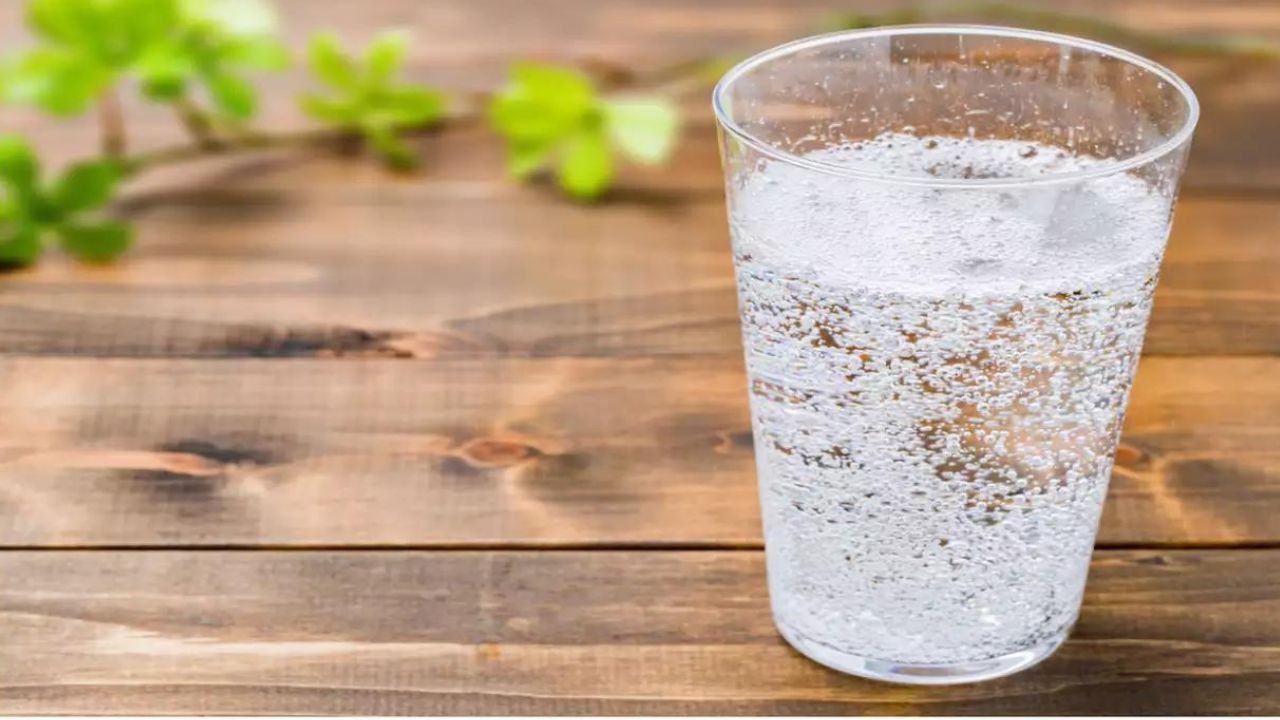Sparkling Water

Sparkling water, also known as carbonated water or soda water, is water that has been carbonated by dissolving carbon dioxide gas under pressure. This process creates effervescence or bubbles in the water, giving it a fizzy or sparkling quality. Sparkling water is a popular and refreshing beverage choice enjoyed by many people. Here are some key aspects of sparkling water:
- Types of Sparkling Water:
- Seltzer Water: Seltzer water is plain carbonated water with no added minerals or flavors. It’s often used as a mixer for cocktails and is a versatile base for homemade flavored sparkling beverages.
- Club Soda: Club soda is carbonated water with added minerals, such as sodium bicarbonate or potassium sulfate, which give it a slightly salty taste. It’s commonly used as a mixer for cocktails and is also enjoyed on its own.
- Mineral Water: Mineral water is naturally carbonated from a mineral spring. It contains various minerals and is often sought after for its perceived health benefits. Brands like Perrier and San Pellegrino are popular examples of mineral water.
- Flavored Sparkling Water:
- Many brands offer flavored sparkling water, which is carbonated water infused with natural fruit flavors. These beverages provide a refreshing alternative to sugary sodas and artificially flavored drinks.
- Zero Calories and Sugar-Free: Plain sparkling water is calorie-free and sugar-free, making it a healthy and hydrating option for those looking to reduce calorie or sugar intake.
- Hydration: Like still water, sparkling water contributes to overall hydration. The carbonation may make it more appealing for some people to meet their daily fluid needs.
- Versatility: Sparkling water can be enjoyed on its own as a refreshing beverage or used as a base for various cocktails and mocktails. It can also be used as a mixer for alcoholic and non-alcoholic drinks.
- Dental Health: Sparkling water is less acidic than sugary sodas and fruit juices, which can be better for dental health. However, flavored sparkling waters may have added acids, so it’s advisable to check the label.
- Gastrointestinal Effects: Some individuals find that consuming large amounts of carbonated beverages can lead to bloating, gas, or indigestion. This varies from person to person.
- Calcium Content: Some sparkling mineral waters can be a source of calcium and other minerals, depending on the brand and source of the water. This can contribute to your daily mineral intake.
- Caffeine-Free: Sparkling water is naturally caffeine-free, making it suitable for those looking to reduce caffeine intake, including pregnant women and individuals with caffeine sensitivities.
- Environmental Considerations: Many people prefer sparkling water produced in reusable or recyclable glass bottles or cans to reduce plastic waste associated with single-use plastic bottles.
In summary, sparkling water is a versatile and enjoyable beverage option that provides hydration without added calories or sugar. It comes in various types and flavors to suit individual preferences. While it can be a healthier alternative to sugary drinks, it’s essential to choose options without added sugars or artificial additives if you’re seeking a truly healthful choice.
Specific Content Keywords : Sparkling water, Carbonated water, Seltzer water, Carbonation, Fizzy, Bubbly, Refreshing, Beverage, Zero calories, Flavored, Soda alternative, Hydration, Mineral water, Natural, Effervescent, Clear, Quenches thirst.Sparkling water, Carbonated water, Seltzer water, Carbonation, Fizzy, Bubbly, Refreshing, Beverage, Zero calories, Flavored, Soda alternative, Hydration, Mineral water, Natural, Effervescent, Clear, Quenches thirst.Sparkling water, Carbonated water, Seltzer water, Carbonation, Fizzy, Bubbly, Refreshing, Beverage, Zero calories, Flavored, Soda alternative, Hydration, Mineral water, Natural, Effervescent, Clear, Quenches thirst.

